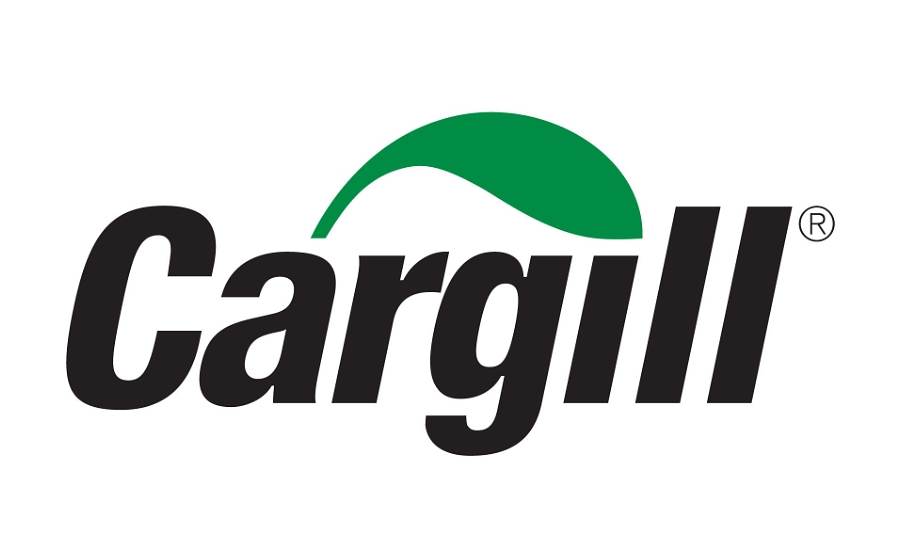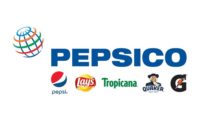Much has changed in consumers’ buying behaviors regarding foods, but their attention to the fats and oils in the packaged foods they purchase remains consistent, according to Cargill’s most recent FATitudes survey, conducted during the COVID-19 pandemic. The research found 53 percent of American consumers closely monitor fats and oils in packaged foods, a rate that has remained relatively steady since 2013 when Cargill first began conducting the annual study.
“These findings are particularly relevant now given the pandemic-inspired rise in packaged food consumption,” says Jamie Mavec, marketing manager for Cargill’s global edible oils business in North America. “As consumers weigh the healthfulness of their overall diet, it’s clear that fats and oils are a key part of that equation. Options like our Filippo Berio Culinary Selection olive oil or our line of Clear Valley canola-based products, which are low in saturated fat, offer customers a way to deliver products that reflect today’s consumer preferences.”
Cargill conducts the proprietary research annually to track consumers’ awareness, perceptions and behaviors around fats and oils found in packaged food. The 2020 study moved to a U.S. consumer focus, unlike the 2019 global consumer focus, surveying 560 primary grocery shoppers in May 2020.
Key research findings
One notable change from past surveys is shoppers’ interest in sustainability claims. In 2020, 37 percent of consumers surveyed said they are more likely to purchase a packaged food product with a sustainability claim, a jump of 6 percent when compared to 2019 results for U.S. consumers. Those claims resonate most strongly with Gen Z and millennial shoppers, with 45 percent of Gen Z and 42 percent of millennials saying they are more likely to purchase a product with a sustainability claim. In comparison, just 32 percent of baby boomers said sustainability claims strongly influenced their purchase decisions.
As in past surveys, Cargill found consumers track fats and oils by closely reading labels on packaged food and what they learn helps guide their purchasing decisions. A ‘no saturated fat’ claim is the most influential, with 53 percent of consumers in 2020 saying they are more likely to purchase these products. That exceeds other label claims, including ‘non-genetically modified (GMO)’ and ‘organic’, prime considerations with four in ten consumers (44 percent and 43 percent, respectively).
The type of oil and fat used in packaged foods also weighs on shopping decisions. Cargill’s 2020 research revealed that the top five oils with the highest impact on packaged food purchases are olive oil (50 percent), avocado oil (36 percent), coconut oil (30 percent), fish oil (28 percent) and sunflower oil (25 percent). This marks a move up in the rankings for sunflower oil, which landed in the sixth slot in the 2019 survey.
FATitudes research facilitates strategic product development
The annual consumer research helps guide Cargill’s food innovation efforts, offering a window into consumers’ evolving priorities. At the same time, customers can use the company’s in-depth insights to steer product development efforts.
“FATitudes helps us balance consumer preferences alongside customer formulations needs, enabling us to fully leverage our broad portfolio of fats and oils, or even inform us as we create custom options for specific applications or needs,” says John Satumba, R&D director for Cargill’s global edible oils business in North America. “By fielding this type of research, we’re better positioned to help our customers innovate in ways that align with consumer desires for healthful, sustainable and cost-effective products.”




